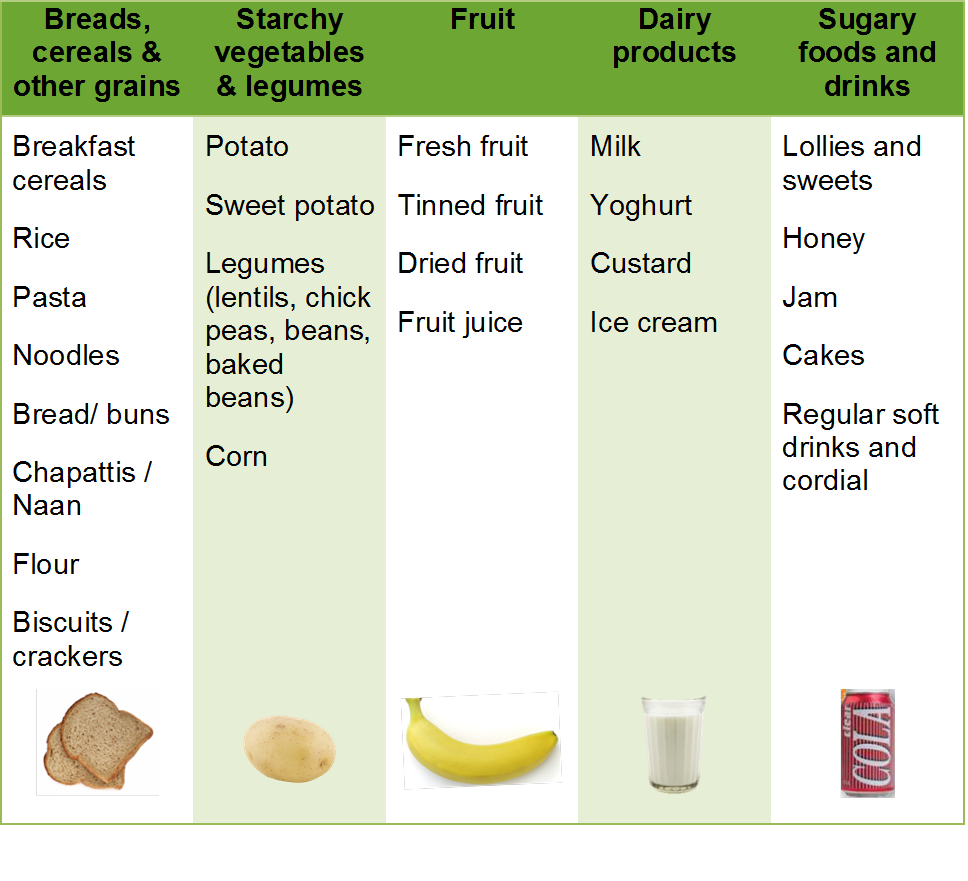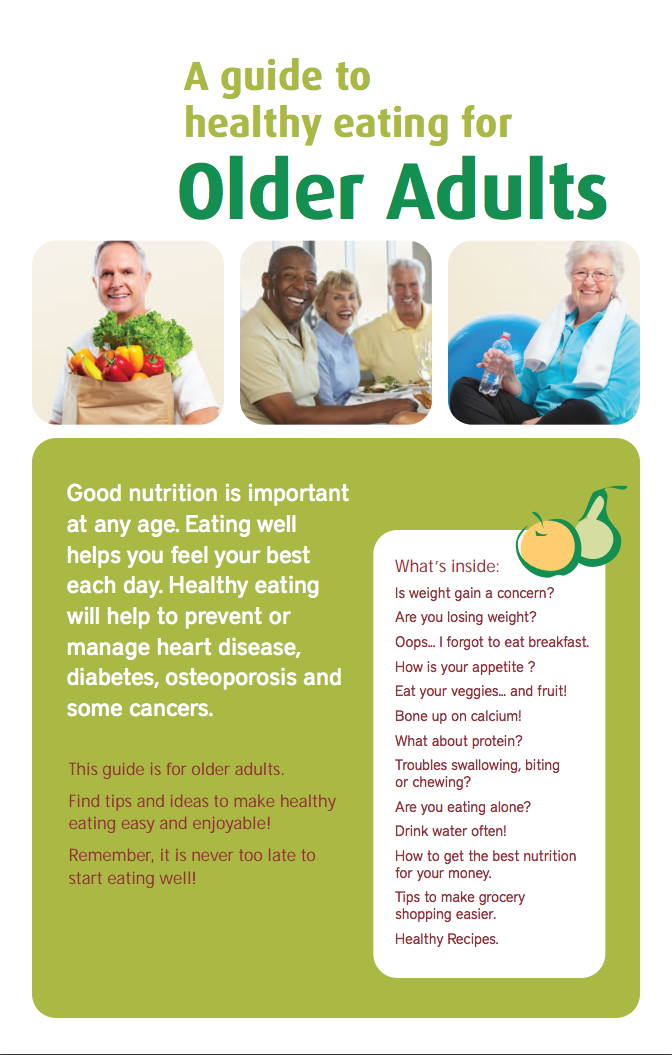
Weight loss can be achieved by diet alone. However, there are many ways to lose weight and burn calories. You can lose weight by burning more calories than your body absorbs. This can be achieved by cutting down on calories and increasing physical activity. Healthy foods are more expensive than their unhealthy counterparts but may end up being cheaper over the long-term.
Diet alone
You can lose weight by changing your diet along with exercising. But, just dieting may not be enough to achieve significant weight loss. You will still need to add exercise and stay hydrated to lose significant amounts of weight. Losing weight is easier if you eat healthy and get enough sleep. Here are some suggestions for weight loss plans. Continue reading to learn if dieting alone is enough to lose weight.

Moderation
Remember that diets can be lost by simply eating less. But, this is not the only way to lose weight. Moderation means avoiding extremes and practicing prudence. It does not mean you should shun ice cream and celery sticks, but you should eat what you enjoy in moderation. You should only have a few pieces of ice cream if you love it.
Exercise
While exercise has many health benefits, it's not a miracle cure for weight loss. However, exercising can cause weight loss to be reversed. Exercise can actually increase your appetite and cause you to eat a lot more than you burn. You may end up gaining weight regardless of how hard you work. This is because exercise increases the production of hormones that cause you to feel hungry.
Cutting calories
The USDA says Americans are eating too many calories. It is crucial to reduce calories if you want to lose weight. It is important to keep in mind that cutting calories doesn't mean you should stop eating. It is possible to eat smaller portions and increase physical activity. By eating fewer calories, you can lose weight simply by eating less and moving more. It is important to start small and be consistent to see lasting results.
Healthy food to eat
You should avoid high-calorie, fatty foods if you are looking to lose weight. These are high in calories and cause you to retain water. They can also increase blood pressure. Avoid artificial colors and flavors as they don't have any nutritional benefits. Try adding olive oil to your meals. It will make your diet more balanced. It is possible to eat less cheese and meat but it is best to stick with lean meats and fish.

Limiting portions
Study after study shows that restricting portion sizes can help you lose weight. The energy density determines how much food a person eats. High energy foods will cause a person to eat more calories. It is therefore important to be able to manage portion sizes. Here are some tips that will help you limit the size of your portions:
FAQ
Why lose weight when you are 40 years old?
For people over 40, maintaining good health and fitness are essential. It is vital to find healthy ways to stay active throughout your lifetime. This means regular exercise and eating healthy, as well as not smoking and moderate alcohol.
It is important to recognize that our bodies change as we age. Our bones become weaker, and our muscles begin to shrink. By taking care of our bodies, we can slow the aging process.
There are many benefits to staying healthy and fit as we age. These include:
-
Better sleep
-
Better mood
-
Increased energy levels
-
Lower risk for cancer
-
A longer life
-
More independence
-
Better sex
-
Greater memory
-
Improved concentration
-
Improved circulation
-
Stronger immune system
-
There are fewer aches and pains
How often do people fast?
Most people who follow a ketogenic diet fast once per week. Some people fast twice weekly. And others fast three times per week.
There are many lengths to fasting. Some people fast for 24 hours, whereas others fast for 48 hours.
Some people may even stay awake for 72 hours. However, these extreme cases are rare.
How to Make an Exercise Plan?
First, create a routine. It's important to have a plan for each day. This helps you plan ahead and avoid procrastination.
It is important to make sure you are getting plenty of variety from your exercise routine. It is important not to get bored while exercising. This will cause you to lose interest and make it difficult for you to stick with it.
You should also keep track of how you are progressing. It's important that you keep track of the weight you have gained or lost over time.
If you lose weight and then gain more weight, it is easy to lose your motivation. It's harder to stay motivated if you gain too many pounds.
It is important to find the right balance between weight gain or weight loss. If you are unhappy with your current situation, you will be less inclined to exercise.
Statistics
- Among women, the increase in metabolic rate was nearly 4%, or 50 more calories per day (14Trusted Source (healthline.com)
- One 6-month study showed that simply doing 11 minutes of strength-based exercises 3 times per week resulted in a 7.4% increase in metabolic rate, on average. (healthline.com)
- A 12-week study in 20 women with obesity found that walking for 50–70 minutes 3 times per week reduced body fat and waist circumference by an average of 1.5% and 1.1 inches (2.8 cm), respectively (healthline.com)
- Another study found that 24 weeks of weight training led to a 9% increase in metabolic rate among men, which equated to burning approximately 140 more calories per day. (healthline.com)
External Links
How To
How to do Intermittent Fasting (IF)
Intermittent fasting, a type of dieting that allows you to only eat one time per week, generally Monday through Friday. The idea behind this is to reduce your overall calorie intake while still getting adequate nutrition. This is believed to help you burn more fat than if your meals were regular throughout the week.
The most popular form of IF is to limit calories to certain days. This means that you might skip breakfast every day and then indulge in whatever food you desire throughout the day. You could also choose three small meals instead of two large meals per day.
There are many types of intermittent fasting. There are pros as well as cons to each form of intermittent fasting. Alternate day fasting is the easiest way to start out because you don't have to make any major changes to your lifestyle. Some people may find it difficult to adhere to such a strict schedule, so they might try other methods.
Alternate-day fasting is a good option if you are looking to begin an intermittent fasting program. This will allow you gradually to transition into more extreme fasting habits without changing your lifestyle.